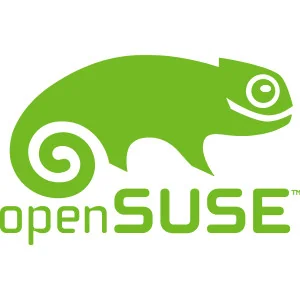OpenSUSE Looks To Switch To Btrfs For Next Release

OpenSUSE is known for making some interesting technological choices and for instance in the past they were a big proponent of ReiserFS and used that as their default file-system for a while. When it comes to Btrfs, many Linux distributions -- including openSUSE -- offer the file-system as an experimental option on new installs but no tier-one Linux distributions have offered it up as the default.
There's been ongoing talk of Fedora using Btrfs by default given the bleeding edge status of the Linux distribution, but it has yet to happen there after multiple attempts. In today's openSUSE 13.1 Beta announcement, it was revealed about making Btrfs "the default on the next openSUSE."
In order to promote testing of Btrfs, the openSUSE 13.1 Beta today is encouraging users of new installs to test the file-system over EXT4 by having a "want to test Btrfs?" pop-up dialog during the new installs -- but that will be dropped for the final 13.1 release.
OpenSUSE would be looking at shipping Btrfs as the default for the next openSUSE release with enabling only safe file-system options by default, including snapshots and meta-data and data integrity checks. Other features like transparent data compression, data de-duplication, and multi-volume drivers for now would be hidden behind an "allow_unsupported" kernel module parameter, as posted in the 13.1 Beta 1 announcement.
It looks like in 2014 we may finally see Btrfs entering the spotlight as being the production-ready next-generation Linux file-system. Btrfs always isn't a winner for common single-disk Linux desktop installations, but it has advanced and useful features like transparent data compression, built-in RAID, and snapshotting to allow for other features like system rollbacks.
We'll keep monitoring the situation and see what the openSUSE developers decide as well as continuing to monitor the upstream Linux kernel for further Btrfs changes, so stay tuned.
53 Comments

